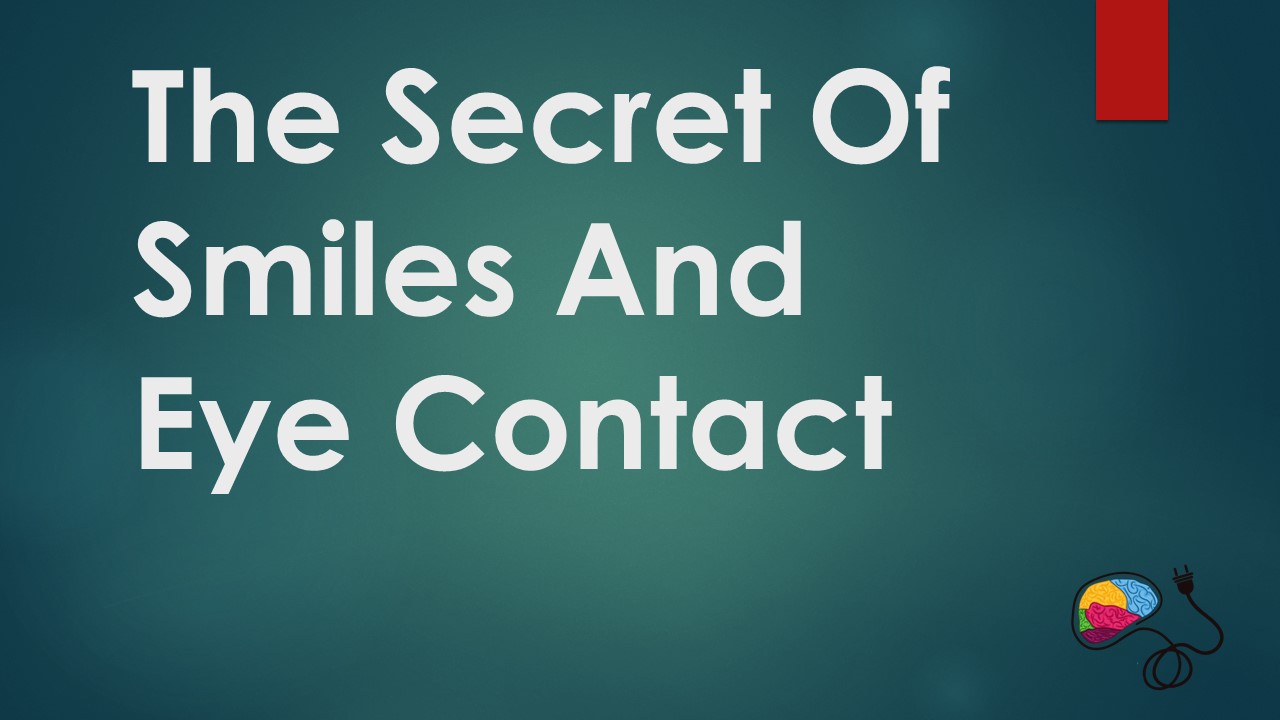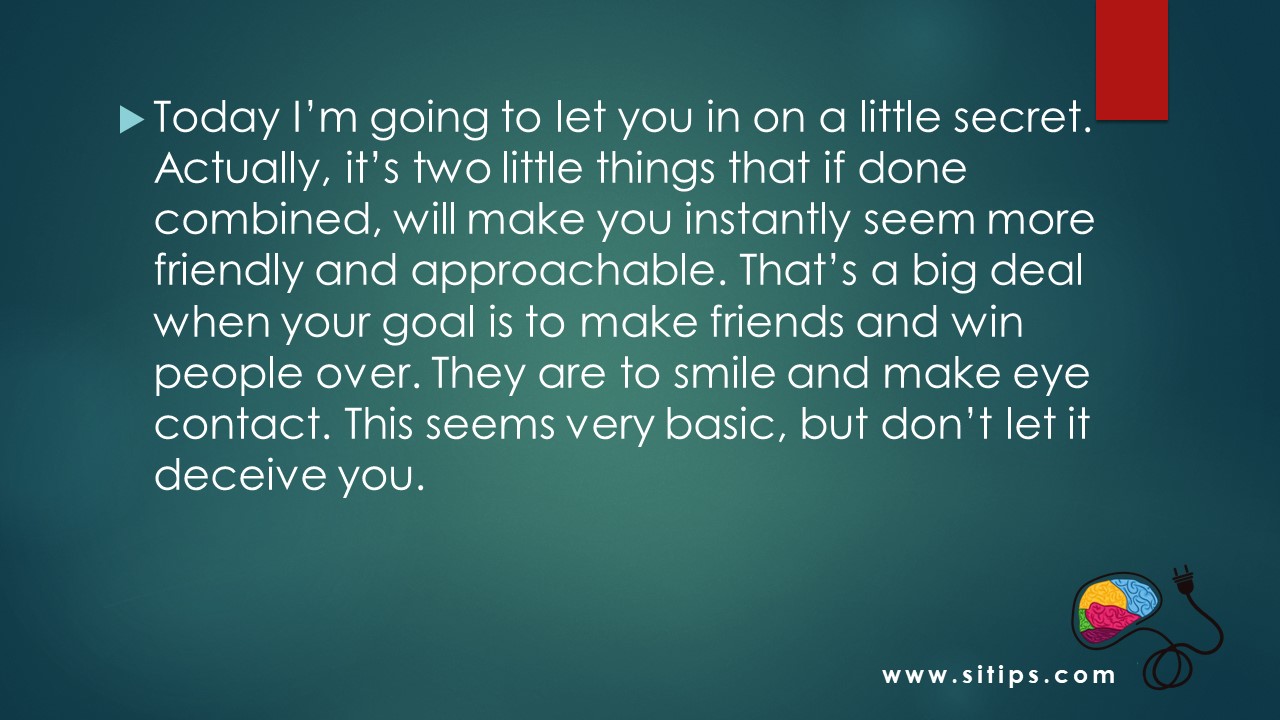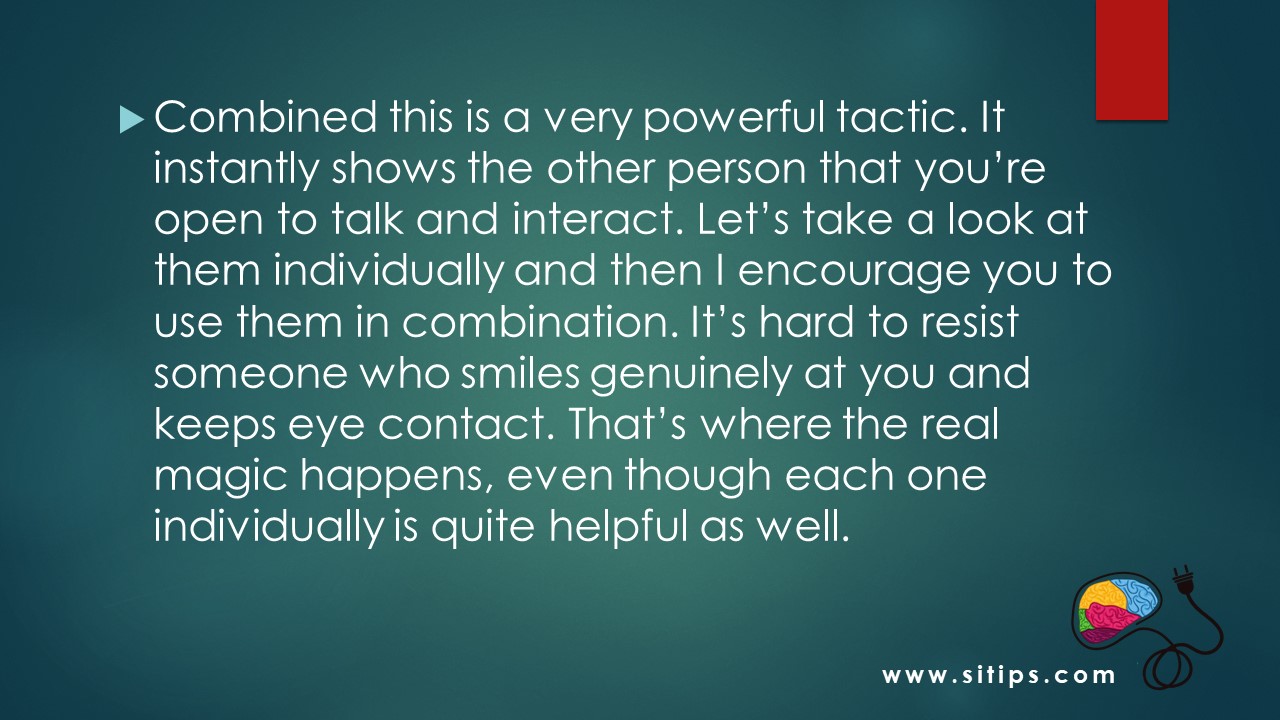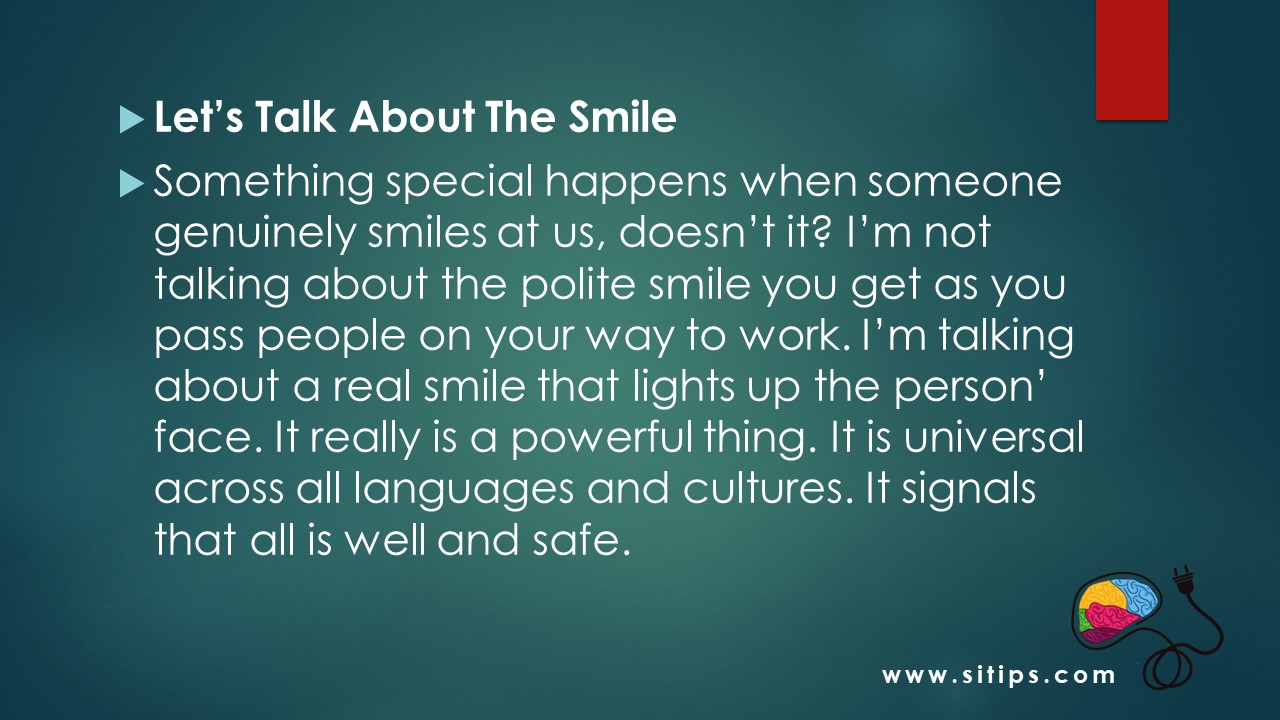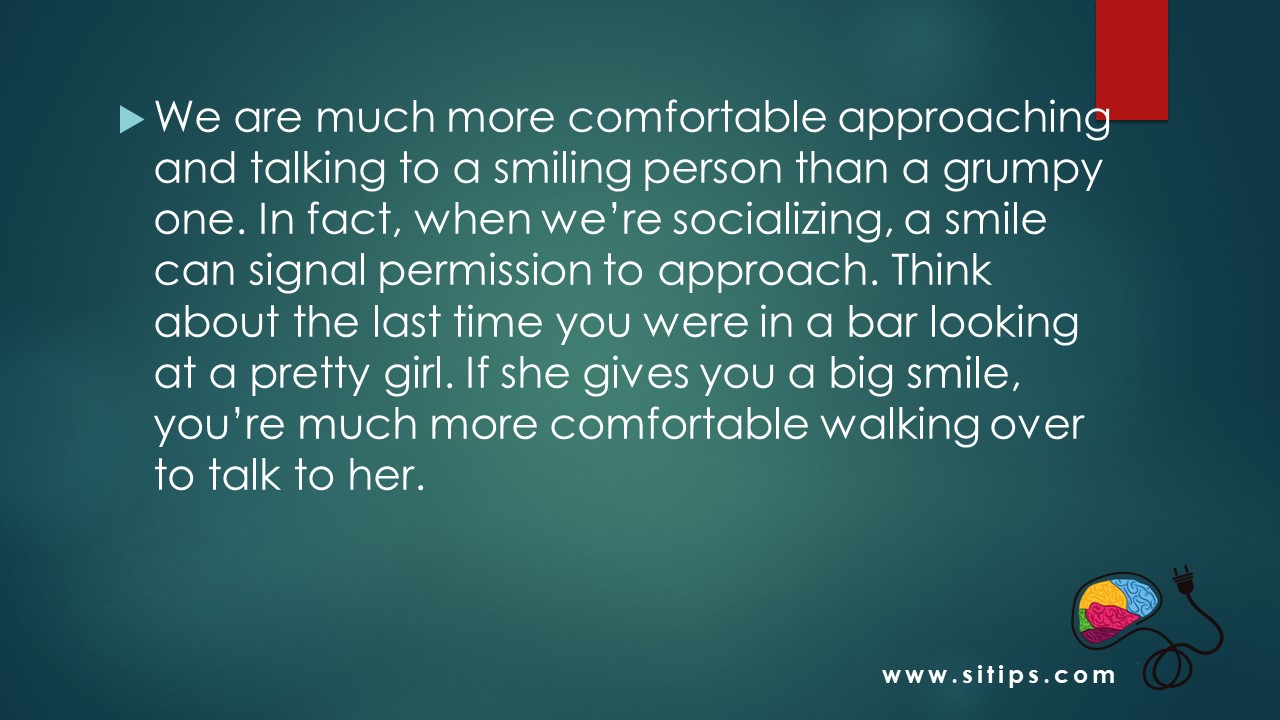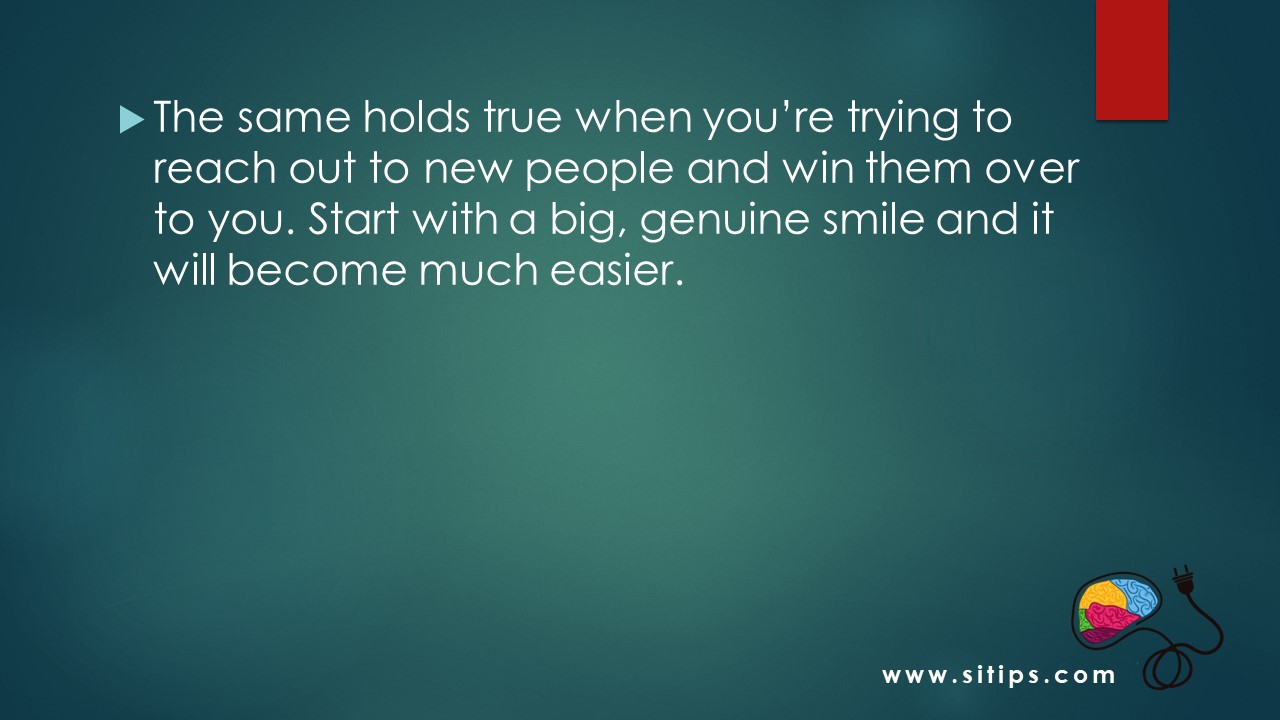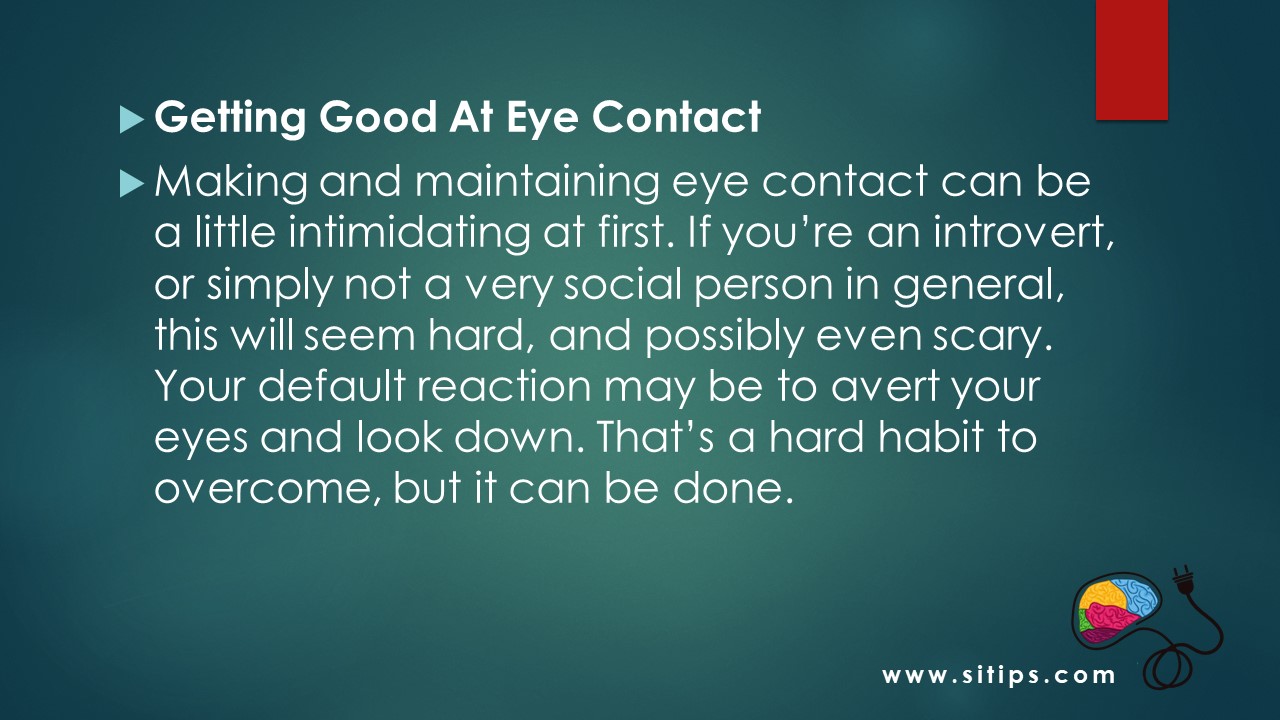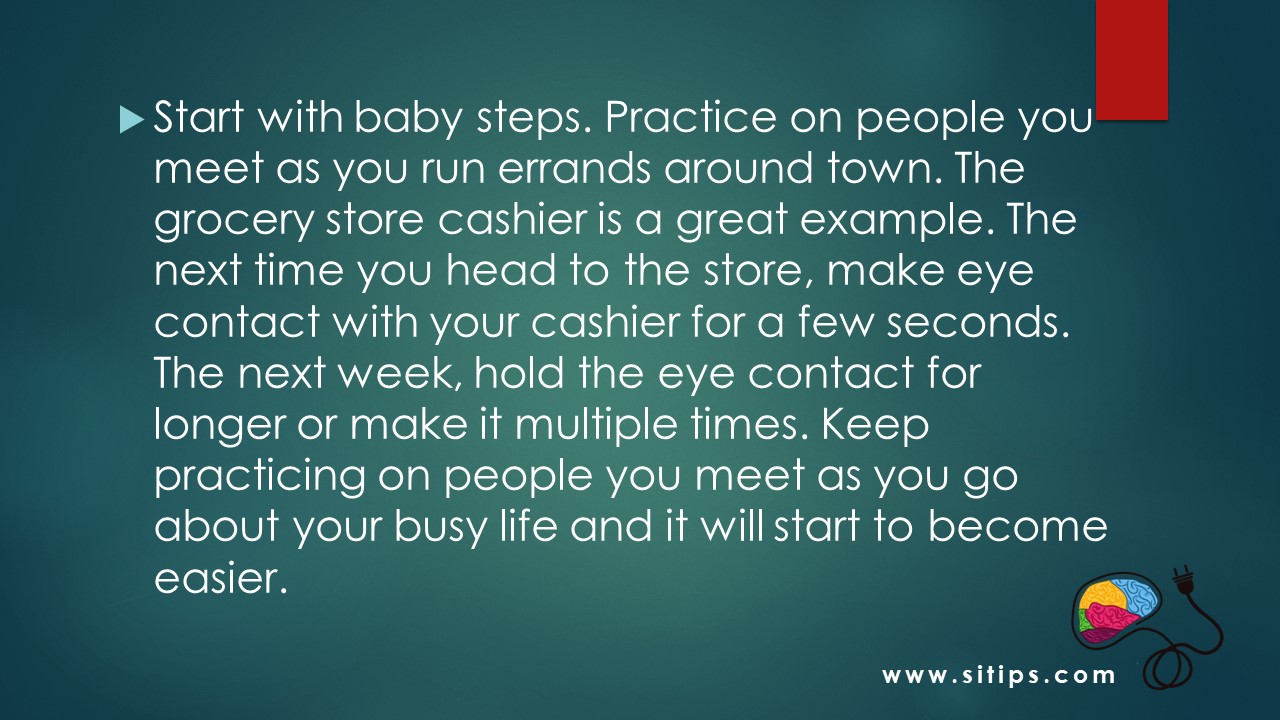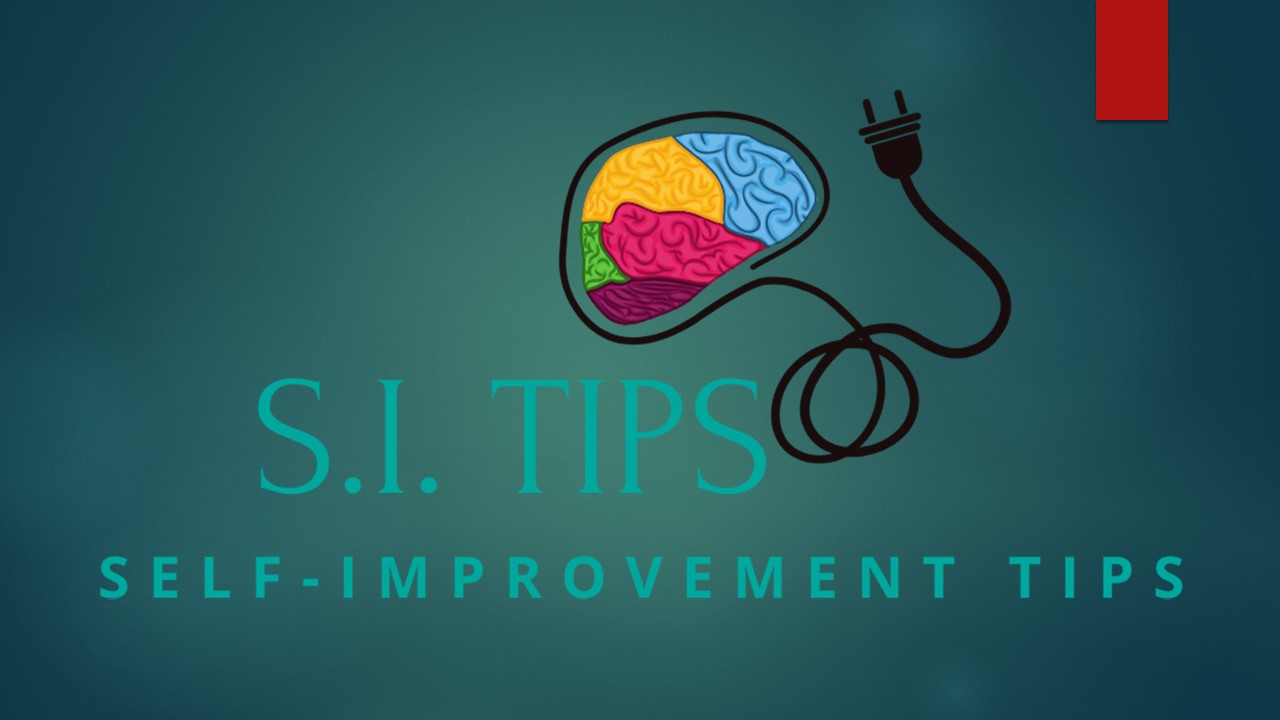Body Language Speaks Louder Than Words
I’m going to let you in on a little secret. Your body language speaks louder than the words you speak. Don’t believe me? What if you’re having a conversation with an old friend and you ask him how he’s doing. He says, “I’m fine” while shaking his head and looking down. Do you believe him? Of course not, because body language is speaking louder than his words. We’ve all been in situations like this.
Another way to look at it is that it’s harder to lie with our body than with words.
As a result, we tend to trust body language more. We take the information we gain from posture, gesture, and looks more serious than that we get from the words others speak. Most of the times it works out well for us, but when it comes to meeting other people and making sure we seem likeable and approachable, it can backfire. This is particularly true when we’re feeling a little shy and vulnerable. Our first instinct is to protect ourselves from potential harm or pain. That often translates into a closed posture of crossed legs, hunched shoulders, and of course, arms crossed over our abdomen.
Our goal then is to “overwrite” those automatic habits of using body language that doesn’t help us make friends and influence people.
The first thing you should do is simply become more aware of body language in general.
Observe others and how they use their posture and gestures to communicate. Sit in a park, a mall, or the airport and start people watching, paying particular attention to body language. You’ll learn a lot.
The next step is to become more aware of your own body language.
Start to recognize what you’re doing. Pay attention when you catch yourself in a reflection, or even ask a friend to snap pictures of you when you’re in one of your “typical poses”. Then make an effort to adjust your body language to be more open and inviting. Start by uncrossing your arms. At first, you may not know what to do with them, but if you work on this one behavior, it won’t take you long to feel natural sitting and standing with them uncrossed.
Like so many other behavioral or habitual things, it takes time and conscious effort to change your body language, but it is something you can do with enough practice and persistence.

